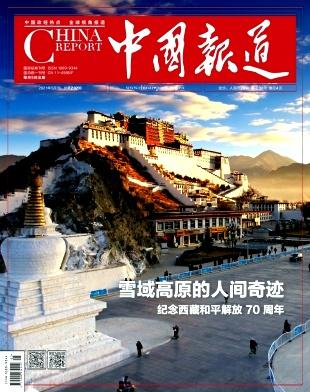俄中在联合国安理会的合作:代价高昂的战略伙伴关系信号和信任建设
IF 0.7
Q3 AREA STUDIES
引用次数: 1
摘要
过去12年来,中国和俄罗斯在联合国安理会协调投票方面有着明显的记录。特别是中国,已经协调了其否决权,以与俄罗斯保持一致,而俄罗斯仍然在孤立其他国家的情况下使用否决权,只有中国弃权。关于中俄外交关系的文献中普遍承认,两国处于战略伙伴关系中;然而,关于这种伙伴关系能维持多久,目前还存在着公开的争论。 中国和俄罗斯似乎都重视这种伙伴关系,但由于两国之间日益严重的权力失衡,需要建立信任来维持这种伙伴关系。建立信任的一种方法是通过代价高昂的信号传递,这向接收国保证信号传递者有善意。 这篇文章认为,中国以激怒安理会其他常任理事国——美国、法国和英国——为代价,通过与莫斯科结盟,向俄罗斯发出代价高昂的信号,这反过来又恶化了它们之间的关系。中国正试图向较弱的伙伴俄罗斯保证,它仍然重视他们的友谊,而俄罗斯也通过更多地依赖中国来回报。本文章由计算机程序翻译,如有差异,请以英文原文为准。
Russian–Chinese Cooperation at the United Nations Security Council: Costly Signalling and Trust Building in the Strategic Partnership
China and Russia have a demonstrable record of coordinating their votes at the United Nations Security Council over the past 12 years. China, in particular, has coordinated its vetoes to align with Russia, while Russia still uses its veto in isolation of other states, except for Chinese abstentions. It is widely acknowledged in the literature on Chinese–Russian foreign relations that the two states are in a strategic partnership; however, there is open debate as to how long this partnership can be sustained. Both China and Russia seem to value the partnership, but trust-building is needed to sustain it due to the growing power imbalance between them. One way that trust can be built is through costly signalling, which provides reassurances to the receiving state that the signaller has benign intentions. This article argues that China is engaged in costly signalling to Russia by aligning its votes with Moscow at the expense of angering the other permanent members of the Security Council—the United States, France and the United Kingdom—which in turn sours the relations between them. China is attempting to reassure Russia, the weaker partner, that it still values their friendship, and Russia has reciprocated by relying more on China.
求助全文
通过发布文献求助,成功后即可免费获取论文全文。
去求助
来源期刊

中国报道
AREA STUDIES-
CiteScore
1.70
自引率
0.00%
发文量
9353
期刊介绍:
China Report promotes the free expression and discussion of different ideas, approaches and viewpoints which assist a better understanding of China and its East Asian neighbours. A quarterly journal of the Institute of Chinese Studies, it attempts to provide a fresh approach which goes beyond the strictly utilitarian area studies without becoming antiquarian. Launched in 1964, China Report has, over the years, widened its interests and aims and transformed itself into a scholarly journal that seeks a better understanding of China and its East Asian neighbours - particularly their cultures, their development and their relations with China. It is an indispensable source of information on China, its society and culture.
 求助内容:
求助内容: 应助结果提醒方式:
应助结果提醒方式:


